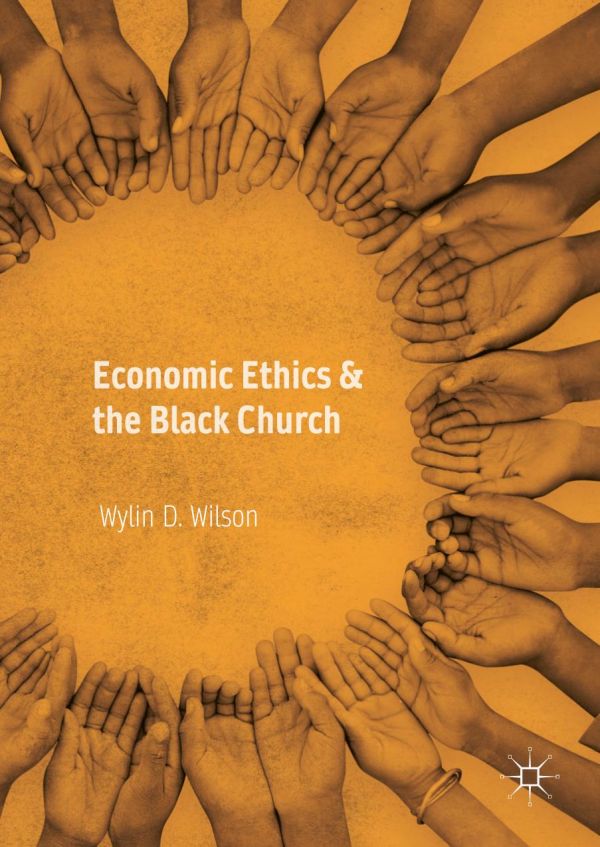

Most ebook files are in PDF format, so you can easily read them using various software such as Foxit Reader or directly on the Google Chrome browser.
Some ebook files are released by publishers in other formats such as .awz, .mobi, .epub, .fb2, etc. You may need to install specific software to read these formats on mobile/PC, such as Calibre.
Please read the tutorial at this link: https://ebookbell.com/faq
We offer FREE conversion to the popular formats you request; however, this may take some time. Therefore, right after payment, please email us, and we will try to provide the service as quickly as possible.
For some exceptional file formats or broken links (if any), please refrain from opening any disputes. Instead, email us first, and we will try to assist within a maximum of 6 hours.
EbookBell Team

4.1
50 reviewsThis book examines the relationship between race, religion, and economics within the black church. The book features unheard voices of individuals experiencing economic deprivation and the faith communities who serve as their refuge. Thus, this project examines the economic ethics of black churches in the rural South whose congregants and broader communities have long struggled amidst persistent poverty.
Through a case study of communities in Alabama's Black Belt, this book argues that if the economic ethic of the Black Church remains accommodationist, it will continue to become increasingly irrelevant to communities that experience persistent poverty. Despite its historic role in combatting racial oppression and social injustice, the Church has also perpetuated ideologies that uncritically justify unjust social structures. Wilson shows how the Church can shift the conversation and reality of poverty by moving from a legacy of accommodationism and toward a legacy of empowering liberating economic ethics.